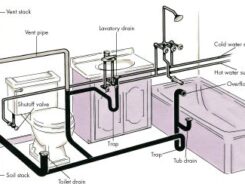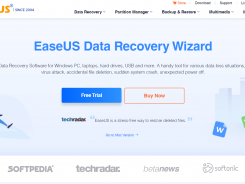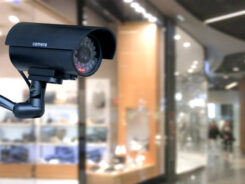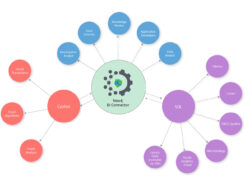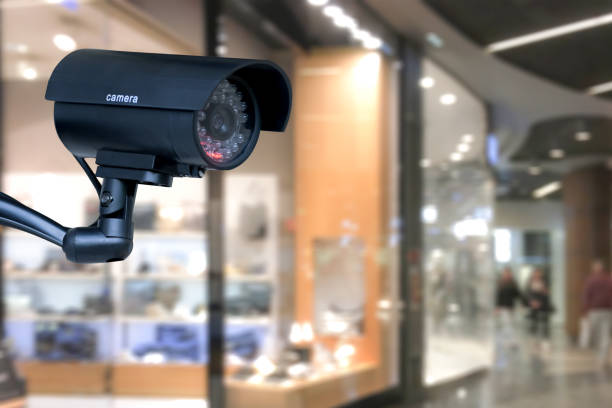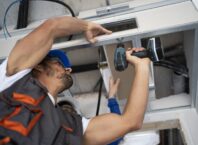The retail industry is constantly evolving, and with it comes the need for enhanced security measures. As retailers face increasing threats like shoplifting, employee theft, and operational inefficiencies, it is crucial to implement advanced security technologies. One such technology that has become indispensable for modern retail stores is the IP camera. Unlike traditional analog cameras, IP (Internet Protocol) cameras offer superior image quality, remote monitoring capabilities, and integration with other security systems. In this article, we’ll explore five key reasons why IP cameras are essential for the retail industry.
1. Enhanced Image Quality and Clarity
One of the most significant advantages of IP cameras is their superior image quality. IP cameras capture high-resolution footage, ensuring that every detail is crystal clear. This is especially important in retail environments where identifying individuals, tracking suspicious behavior, and preventing theft are top priorities.
Traditional analog cameras often struggle with low image quality, making it difficult to recognize faces, read license plates, or observe small details. On the other hand, IP cameras can record footage in 1080p or higher, providing retailers with clear and detailed video evidence when needed.
2. Remote Monitoring and Real-Time Access
In today’s fast-paced retail environment, having the ability to monitor your store remotely is invaluable. IP cameras allow store managers and security personnel to access live feeds from anywhere using a smartphone, tablet, or computer. This remote access feature is crucial for multi-location retailers who need to monitor several stores at once.
Through an integrated retail surveillance system, managers can instantly check on their stores, ensuring that everything is running smoothly even when they’re not physically present. Remote monitoring also allows for quicker response times in the event of an emergency or suspicious activity, as store managers can take action immediately from wherever they are.
3. Integration with Other Security Systems
A comprehensive surveillance camera system does more than just capture footage. It should also integrate seamlessly with other security measures like alarm systems, access control, and point-of-sale (POS) monitoring. IP cameras offer easy integration with other systems, creating a unified security infrastructure that provides retailers with a holistic view of their store’s operations.
For example, if the alarm system detects a break-in, the IP cameras can automatically switch to recording in high resolution or send real-time alerts to store managers. This integration allows for faster identification of threats and a coordinated response to potential incidents.
4. Scalability and Flexibility
As retail businesses grow, so do their security needs. One of the primary benefits of IP cameras is their scalability. Whether you’re running a small boutique or a large chain of retail outlets, IP cameras can easily be added or repositioned as your security requirements change. This flexibility ensures that your retail surveillance system can evolve with your business.
Additionally, IP cameras can be installed in various locations within a retail store, such as entrances, exits, stock rooms, and checkout areas. They provide a flexible solution for covering critical areas without needing to overhaul the entire security system.
5. Cost Efficiency and Lower Maintenance
While the initial investment in IP cameras may be higher compared to analog systems, their long-term cost efficiency makes them a smart choice for retailers. IP cameras require fewer cables, as they can be connected via a single network cable, reducing installation costs. Moreover, many IP cameras offer Power over Ethernet (PoE) technology, which means they receive both power and data through one cable, further reducing the need for extensive wiring.In terms of maintenance, IP cameras offer easier troubleshooting and remote diagnostics. This reduces the downtime of your surveillance camera system and ensures that any issues can be resolved quickly, without disrupting daily operations.





